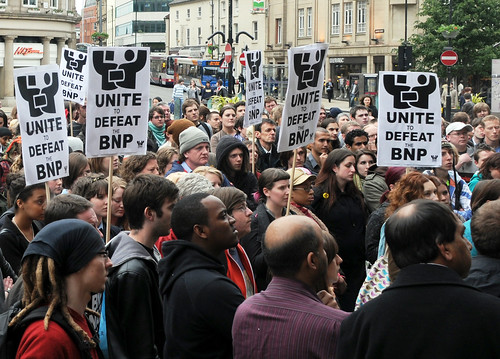Yesterday while waiting for an appointment, I picked up one of the women's magazines on the waiting room table and started skimming through it to pass the time.
I came across an article entitled '25 health tips women doctors want you to know'. I thought this may be interesting - or at least more interesting than how to emulate the latest look from the latest celeb, so I started to read.
To say it was disappointing is somewhat understating the matter. One tip told me to use moisturiser. Another to walk rather than take the lift. Another to eat plenty of calcium. Then one tip was to buy a vibrator. While this may be good advice, the explanation behind it was infuriating! It said that some men are not good at foreplay, and if this is the case with 'your man', then rather than be frustrated, get a vibrator instead and you won't have any problems any more.
On so many levels, this is dreadful! Firstly, many women are single, many are with women not men. Heterosexist presumptions still prevail everywhere. Secondly, still calling it 'foreplay' separates it from 'sex' as if they are two completely different matters, with one building up to the other rather than it all being one whole experience. And thirdly, if your partner is bad at sex, or does not understand your sexual needs or desires, then that is something to work on with them, have fun exploring and mutually learn about. Saying, 'oh he's not good at that bit' is kinda letting him off the hook, let's face it!
If your male partner was having trouble enjoying sex with you, you can be sure the magazines wouldn't advise you to get him a blow-up doll or simulated vagina, it would tell you 'how to please him' and exactly what you should do to make sure he was happy.
By all means buy a vibrator, and enjoy it. But don't take advice just because it comes from a doctor in a magazine and use it to substitute a partner with good technique rather than talking to that partner about the problem and what you do and don't like.
I very rarely read women's magazines these days, and if I do it tends to be the Chat and Take a Break type when I'm ill, rather than the beauty / fashion ones. But whenever I do look at those - usually in a doctor's waiting room - I see that the same old messages we have always had from them are still there.
A few weeks ago I made some photocopied flyers to surreptitiously slip inside teenage and women's magazines in shops. They counter some of the usual crap messages we get from these publications, and question their content. If you want to get hold of any of these flyers I'd be happy to send you some if you send me an SAE to
Pippa, PO Box 4663, Sheffield, S1 9FNAlternatively if you want to get any of my zines just let me know when you order that you want some of the magazine flyers and I'll stick some in the envelope for you.
It's small actions like sticking the flyers in the magazines that can actually make a real difference. When we are feeling powerless in the suffocating patriarchy around us, knowing that a woman or girl somewhere who might never have been allowed to challenge the presumptions of heterosexuality, the fascist beauty standards around us or the everywhere-written laws of body hair, who bought that magazine today, may get some relief and empowerment from the words they unexpectedly find stuffed inside, really does help.













